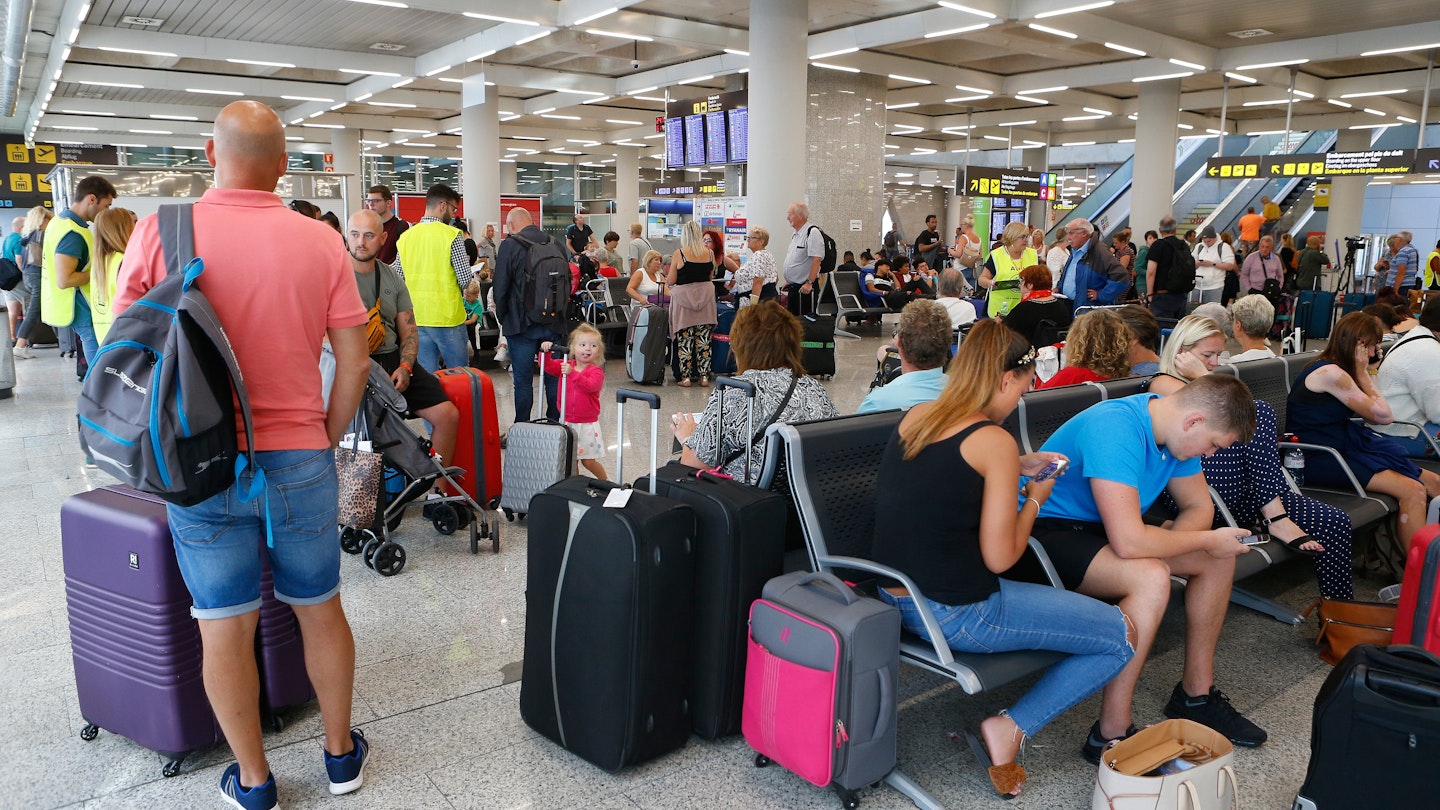How to Protect Your Travel Plans
More than a dozen airlines—Thomas Cook, WOW Air, flybmi, XL Airways, Germania, Adria and more—failed last year, resulting in stranded travelers, government repatriation efforts, and scuppered holidays. With rumors circulating on social media and airline statements that sound reassuring, it’s crucial to understand the warning signs and how to protect your trip.
Keep Up to Date and Do Some Online Research
If you’ve never heard of an airline before, that’s not necessarily a dealbreaker. There are hundreds of commercial airlines worldwide offering regularly scheduled flights, along with many doing charters and other options.
To quickly assess whether an airline seems stable, conduct a web search before purchasing your tickets. Examine their website for professionalism, as this can indicate reliability.
Look for verified social media accounts and observe how the airline interacts with customers, especially on platforms like Twitter. Checking their Wikipedia page can provide insights, too. Be wary if the airline requires purchasing tickets through a travel agent instead of allowing credit card transactions, as this is generally a red flag.

Make a Plan
As your holiday approaches, keep an eye on travel news and think about your contingency plan if issues arise with your airline. Would you cancel the trip and seek refunds? Wait for the airline to go under? Do you have travel insurance or credit card benefits to help salvage your vacation?
Identify what specific situation would prompt you to take action. For example, if an airline ceases ticket sales due to a government directive, consider it a serious warning sign.
It’s important to note that bankruptcy laws vary significantly between countries. For instance, in the United States, many major airlines have filed for bankruptcy, continued operations, and renegotiated debts successfully. Conversely, in the UK, if an airline collapses, it usually ceases operations entirely, and the government may initiate repatriation flights for stranded passengers. Recent developments could change this situation, as moves are being considered to allow airlines to remain operational until obligations to passengers are fulfilled.
If you’re feeling uneasy, ensure you have protection through your credit card, travel insurance, or package holiday regulations.
Book Using a Credit Card—Not a Debit Card
Utilizing a credit card to book travel offers two key benefits: the ability to initiate a chargeback and protection against trip cancellations or interruptions offered by some premium cards. Additionally, if a credit card is compromised, it typically allows you to protect your bank account more effectively than a debit card.
Understanding chargebacks is crucial. Essentially, it allows you to challenge a transaction by proving that the airline did not provide the service promised, such as sending a cancellation email as evidence.
Your card issuer will then request a refund from the airline’s bank, which can be more effective than dealing with the airline directly. While chargebacks often apply to both credit and some debit cards, credit cards usually yield better results. Furthermore, many premium credit cards offer reimbursement benefits for trip cancellations.

Always Take Travel Insurance
Travel insurance serves as an excellent safeguard in the event of unexpected issues. Some premium credit cards may include travel insurance as part of their benefits, so be sure to explore your options if you travel frequently.
When reviewing insurance policies, ensure they cover “financial insolvency” of travel suppliers. This coverage can vary, so confirming inclusion is critical, especially if you have concerns about your airline’s viability.
Book a Package Holiday—even Just Two Parts of the Holiday at Once
A final strategy to protect yourself, especially for travelers in Europe, is to book a package holiday or “linked travel.” This doesn’t have to mean a classic vacation package; recent regulations broaden the definition of a package to include at least two of the following: transport (excluding airport transfers), accommodation, car rental, or a major tourist service that is integral to your trip.
For example, simply booking a rental car through your airline along with your flight can create a protected package as long as you pay one single price. If not, it may fall under “linked travel,” which offers some protection, though it’s more complex as explained by the Association of British Travel Agents.




